Nigeria has an annual blood shortage of 1.7 million pints as of Blood Donor Day in 2023
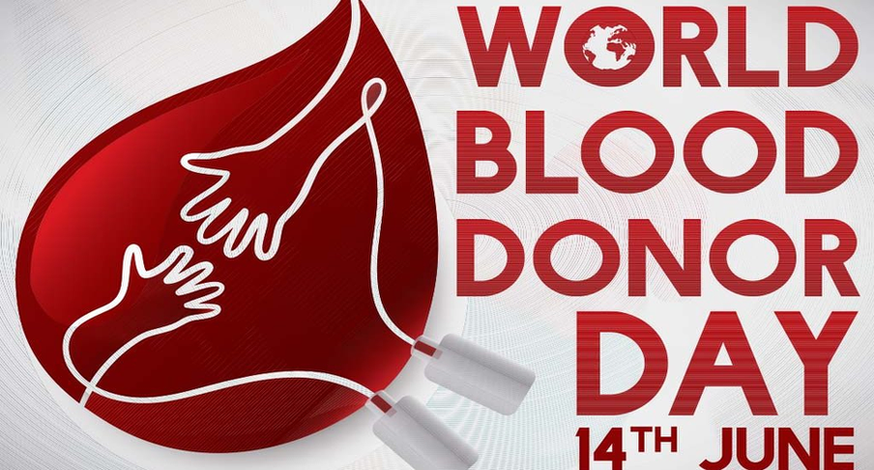
Nigerians are asked to donate blood to save lives.
Nigeria will join the rest of the globe in commemorating Globe Blood Donor Day in 2023, and Haima Health Initiative revealed on Wednesday that there is a 1.7 million pint yearly shortage of blood in Nigeria.
The founder of Haima Health Initiative, Bukola Bolarinwa, announced this in a statement that she signed.
'Give blood, give plasma, share life, share often' is the slogan for the 2023 World Blood Donor Day campaign.
"Every year, June 14th is globally recognized as World Blood Donor Day, to highlight the significance of blood donation in medical care and appreciate unpaid donors for their selfless gifts," the statement says in part.
The World Health Organization, WHO, officially recognized World Blood Donor Day as an annual occasion in 2005. The campaign's tagline for 2023 is "Give blood, give plasma, share life, share often."
"According to the WHO, it emphasizes the important role that each and every person can play by giving the priceless gift of blood or plasma and focuses on patients who require lifelong transfusion support."
(LSBTC), health organizations, CSOs, and NGOs aiming to enhance safe access to blood. Blood cannot be created in a laboratory.
For patients in need, there are currently no medical alternatives to blood donations. These include pregnant people, newborns, surgeries, and illnesses like leukaemia, cancer, and sickle cell anaemia.
As was evident following the recent train accident in Lagos, where hundreds of blood donors were required to assist casualties, "blood is most urgently needed for accidents and emergencies."
The majority of Nigerians do not voluntarily donate blood, despite how vital it is to maintaining life. Unfortunately, Nigeria's National Blood Transfusion Service (NBTC) only manages to collect 500,000 pints of blood annually, leaving nearly 1.7 million pints of blood uncollected. Despite having a population of almost 200 million, this continues.
Most Nigerians can donate blood if they are in good health, weigh between 50kg and 158kg, and are between the ages of 18 and 66 (or 70 if they have already donated blood). Most men can donate blood four times a year whereas most women can only do it three times. Young people can burn calories, reduce their risk of cancer, and maintain heart health by giving blood, among other advantages.
"Voluntary donors are more trustworthy and safe than those who are paid or forced to provide blood. However, the number of volunteer contributors is still very low."
A recent survey by the blood donation CSO Haima Health, however, revealed some factors that contributed to the low donor rate.
Lack of time (36%), health problems, a lack of knowledge about where and when blood is required, distance from donor centres, and transportation difficulties are the main barriers to frequent blood donation. Limited faith in the healthcare system is a significant barrier, with many responders afraid that their free blood donations are being sold to patients. Nigeria must invest in raising awareness of the value of voluntary blood donation from a young age to address these complicated problems. World Blood Donor Day is a chance to show gratitude to blood donors who already consistently give their life-saving gifts of blood and support the patients.
Related news

Veteran actor Amaechi Muonagor begs for financial support for a kidney transplant in India
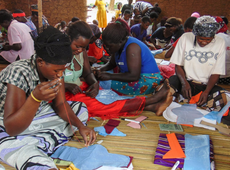
Priced out: The high cost of sanitary pads forces girls to use rags and tissue paper- Patricia

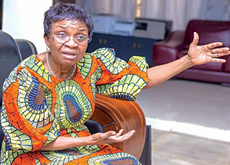

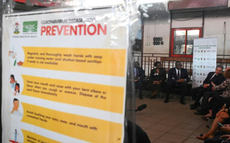
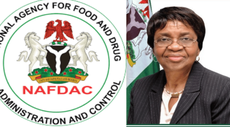
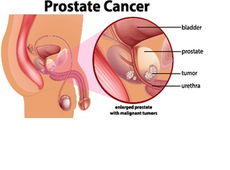
Sexual Intercourse, Not Masturbation Could Help Prevent Prostate Cancer – Expert


More news »
Latest Posts

Top 5 best cheapest and fastest VPS hosting providers

What is remote work? (Meaning, Examples, Type, Pros and Cons)

How to become a professional Writer, (step-by-step guide)

Top 10 best platforms to start podcasting in 2024

Creating And Selling A Successful YouTube Channel
More Posts »